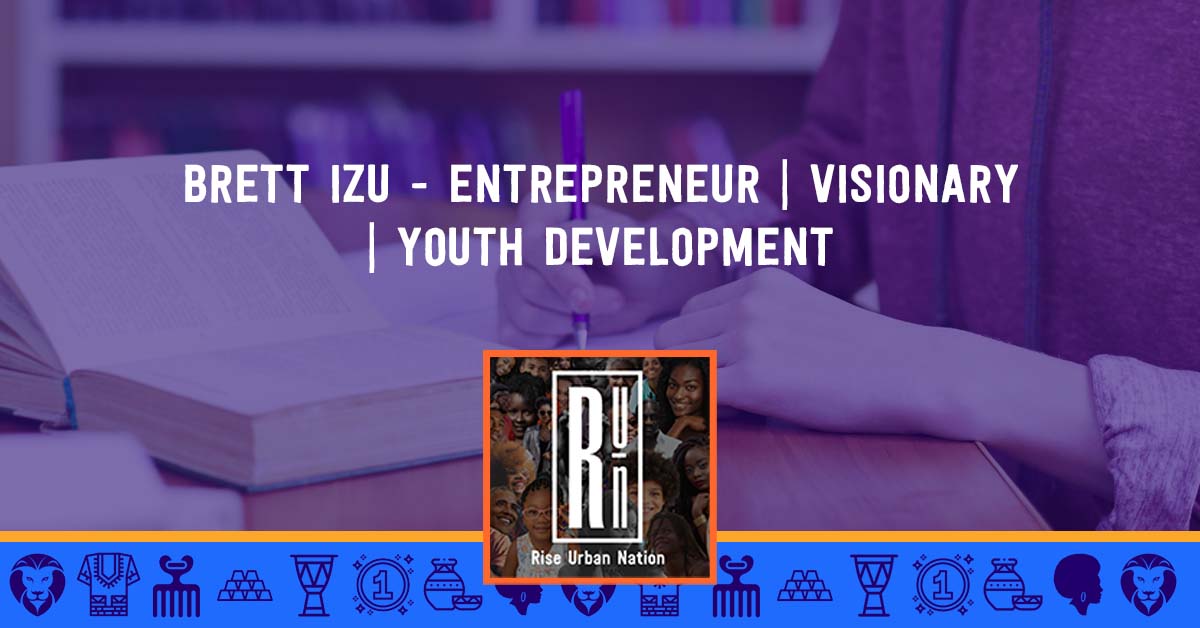The Importance of Diversity in the Workplace
A diverse workplace is a significant asset to any business. It gives you access to a wide range of talent.
Also, it acknowledges the potential each employee brings and their strengths. But, achieving workplace diversity in practice is much more complicated than you think.
The secret to a thriving workplace is valuing the differences of each other. It helps bring everyone together and encourages a fair work culture.
Continue reading to learn more about the importance of diversity in the workplace.
Variety of Different Perspectives
A diverse workplace will have employees with different characteristics and backgrounds. Their abilities, experiences, and skills will also be different. It means you have a well-rounded team.
It's a great learning platform for employees to exchange different perspectives and ideas. It helps them widen their learning and experience. Employees will come together and combine their creative and innovative ideas.
This is key to achieving success in any business. Your teams' efforts are essential in planning and executing your business strategies.
When all your employees are on the same page, you risk having a stale environment. A more comprehensive range of opinions is needed to make decisions faster. It's especially true for tasks that need creative problem solving and collaboration.
Your team should comprise professionals with different cultural backgrounds and experience levels. In turn, there will be more sources of knowledge and inspiration to draw from.
Increased Creativity
As different backgrounds and cultures work together, it increases creativity. People with different perspectives can come up with solutions to problems. When employees see the same thing but in different ways, they are more likely to get new and fresh ideas.
You will notice an improvement in the creativity of your workforce with time. Diversity can only enhance creativity if you have a culture of sharing knowledge. When teams share different opinions, it is hard to see the other person's perspective.
Good leadership is vital for greater creativity and innovation. Having a team leader helps mitigate any conflicts that may arise.
Leadership is an essential resource for organizations. It helps employees set aside their differences and cooperate. If all members of your team have a similar background, it's hard to get creative results.
But diverse teams can come up with creative results. They share ideas to learn new ways of doing things. When you're looking for solutions, it's essential to get creative.
Employees from different cultures will look for information by diversifying their thinking. It helps them generate more creative ideas to solve problems.
Increased Employee Retention
Owning a business means that you're open to various characteristics and perspectives. Employees who feel valued and accepted are less likely to leave. When they are happy, they will not look for new opportunities.
A diverse workforce makes employees feel motivated. They are more likely to stay in your business.
You'll have a reduced employee turnover rate. They will also respect you and your business. We all know that the recruitment process can be time-consuming and expensive. It's best to hold on to your valuable employees.
You'll have a better potential of staying ahead of your competitors. You will not waste time recruiting employees. Instead, you will invest the funds in a different area of your business.
It shows that workplace diversity is essential for employee retention. Employees need to have a sense of belonging to your organization.
When you have a diverse workforce, your business will be more appealing to a wider customer base. Employees will also feel valued for their unique contribution and individuality.
But it would help if you came up with the best diversity policy to benefit your business. Without a strategic approach, diversity will only be destructive to employee retention.
Increased Profits
The main aim of developing a business plan is to increase revenue. Having a diverse workforce will bring you closer to your goal of increased profits. If your company consists of diverse top teams, you will be among the top financial performers.
It also becomes easy to make decisions faster. It gives you an advantage over your competitors. As a result, you'll be able to achieve better results and get more profit.
Not only that, but it also helps increase your marketing opportunities. A diverse workforce encourages customers and employees to relate with your company more. Using advertising that shows ethnically diverse individuals increases marketplace awareness.
Achieving workplace diversity means bringing out the best of your employees. It pushes them to reach their full potential. By doing so, you encourage a more varied talent pool for the benefit of your workplace.
Increased Productivity
Productivity and diversity go hand-in-hand. Research shows that diversifying your employees can increase productivity by 35%. A diverse team will understand the needs of your customers and come up with ideas to meet them.
It also increases the morale of the team and their desire to work more efficiently. This helps to increase productivity in your company. Diversity is valuable both at lower and upper management levels.
Keep in mind that diversity is a knowledge-based asset. It's a strategy used to come up with the best ideas and solutions. It encourages individuals to think about different perspectives and develop better approaches.
For lower-level management, it means better problem-solving skills. They can come up with original ideas that they can share with the senior leadership.
In turn, the senior management can develop innovative and creative formulating strategies. When you work as a team, information exchange and interactions become more effortless.
Better Reputation
Owning a company means that your employees should perceive you as a good employer. Potential employees want to work with employers who are tolerant of their backgrounds. You have to treat your employees fairly if you want them to stick around for a long time.
A diverse workplace helps create a good reputation for your company and brand. People will view your company as socially responsible and more human. It also makes it easy for different people to interact.
Diversity opens doors to new business partners, customers, and markets. Your reputation affects your sales and recruitment.
Investors, customers, and potential employees view companies dedicated to building diversity positively. If you can prove that you are a diverse employer, they will want to work with you.
You also need to recognize the importance of social media. It will help bring more public awareness of diversity in your workplace. Potential employees and key stakeholders will see this when searching for your company.
Better Decision Making
When employees come together, they share different perspectives to create diverse solutions. Decisions are made faster, which is ideal in today's competitive business marketplace. As a team, you're able to solve problems faster than cognitively similar individuals.
Employees from different backgrounds can provide a wide range of solutions. They have different views and experiences, which leads to faster problem-solving.
It shows that workplace diversity has a direct link to better decision-making. Diversity is crucial for the success of any business.
Businesses with more diverse teams outperform their competitors financially. It's because they are good at
decision-making.
Diverse teams are more innovative because they focus on facts. They take their time to process the facts more carefully. Such employees scrutinize the actions of each other.
They also consider the perspectives of others who think differently than they do. Executing any decisions requires inclusion and not just diversity.
Inclusion is key to executing good decisions into actions. To make better decisions, you need to build age, gender, and ethnically diverse teams.
Higher Employee Engagement
Employee engagement is heightened through inclusion and diversity. The link between employee engagement and workplace diversity is straightforward. When employees feel valued and included, they become more engaged.
The best way to learn about other ethnicity and culture is from your colleagues.
You don't have to research different backgrounds online. Instead, talk to your team. Ask and learn from them during after-work drinks or lunch breaks.
The main aim of having diverse employees is to learn from each other's culture and lifestyle. By sharing personal experiences, you will build a trusting relationship with each other.
It helps to increase employee engagement. It also boosts their motivation which is best for your company. Your team will have a wide range of knowledge and skills.
A culturally diverse workforce reduces racism. When employees from different cultural backgrounds interact, they learn new insights. It teaches them to be more understanding and tolerant of each other.
You Now Know the Importance of Diversity in the Workplace
It is the responsibility of the employer to ensure there is diversity in the workplace. Managing diversity is part of human resource management practices. It helps to address issues of inequality within your business environment.
Hire an expert to provide your employees with business advice. They will learn how to overcome different challenges in your business.
Here at Risepreneurs, we tell our stories to help those who are building businesses. Our focus is on the various challenges Africans and Blacks encounter. We will give you advice on career and community development.
Contact us today to know more about our services.











